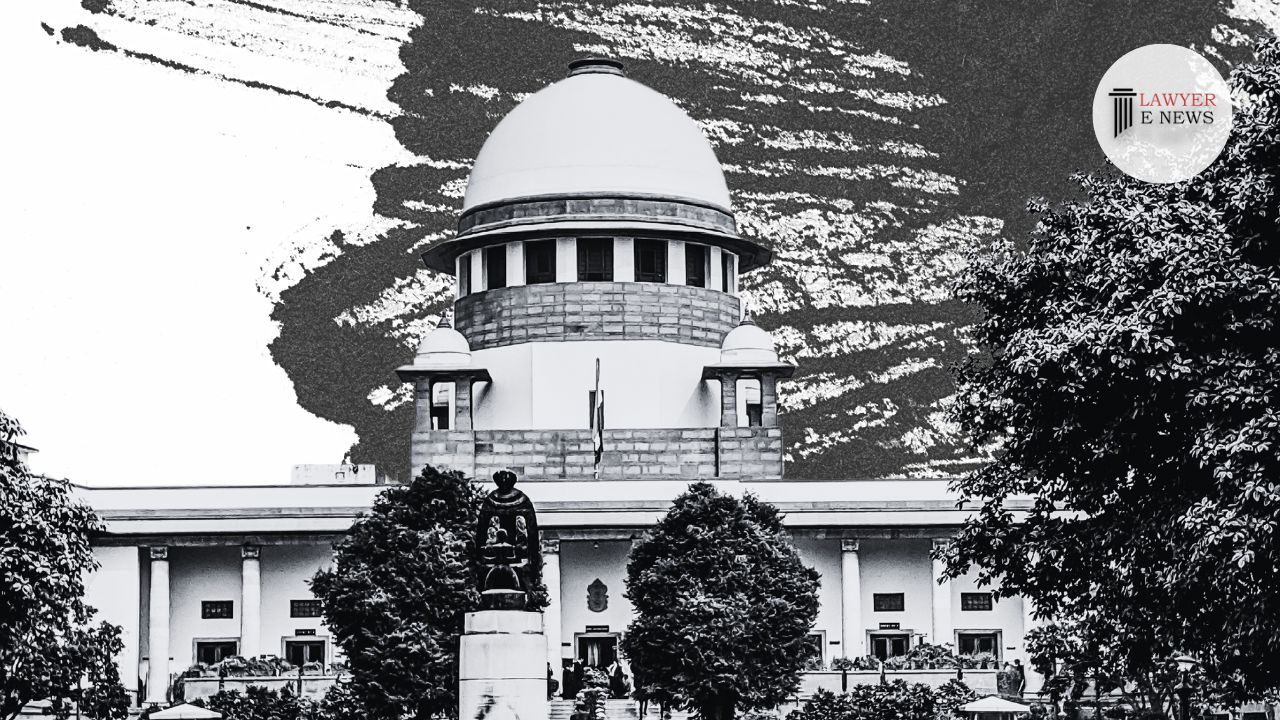-
by Admin
16 February 2026 1:47 PM



In a significant ruling, the Supreme Court of India, comprising Justices Aniruddha Bose and Sanjay Kumar, has set aside an order of the Calcutta High Court in a property dispute involving the Shrimati Hutheesingh Tagore Charitable Trust and the Baitanik Society. The apex court remanded the matter for continuation of contempt proceedings, underscoring the sanctity and cautious exercise of contempt powers by courts.
The bench observed, “The power vested in the High Courts as well as this Court to punish for contempt is a special and rare power available both under the Constitution as well as the Contempt of Courts Act, 1971. The very nature of the power casts a sacred duty in the Courts to exercise the same with the greatest of care and caution.” This remark came in the context of the High Court’s decision to vacate a stay order in an appeal, which the Supreme Court found overstepped the bounds of contempt jurisdiction.
The dispute traces back to a suit filed by the Trust against the Society, seeking recovery of possession of premises in Kolkata. The Trial Court’s decree in favor of the Trust led to an appeal by the Society and an interim order by the High Court with specific conditions. The alleged violation of these conditions by the Society prompted contempt proceedings.
In its detailed examination, the Supreme Court highlighted the need for explicit and self-evident directions in court orders when considering contempt and emphasized that the court’s power in contempt should not overlap with other jurisdictions. The bench pointed out, “The Courts must not, therefore, travel beyond the four corners of the order which is alleged to have been flouted or enter into questions that have not been dealt with or decided in the judgment or the order violation of which is alleged.”
The apex court, while setting aside the High Court’s order, remanded the matter for continuation of contempt proceedings, granting liberty to the Trust to pursue appropriate legal measures for the execution of the decree. The order concluded with the direction that parties shall bear their own costs.
Date of Decision: 30th January 2024'
AMIT KUMAR DAS VS SHRIMATI HUTHEESINGH TAGORE CHARITABLE TRUST
